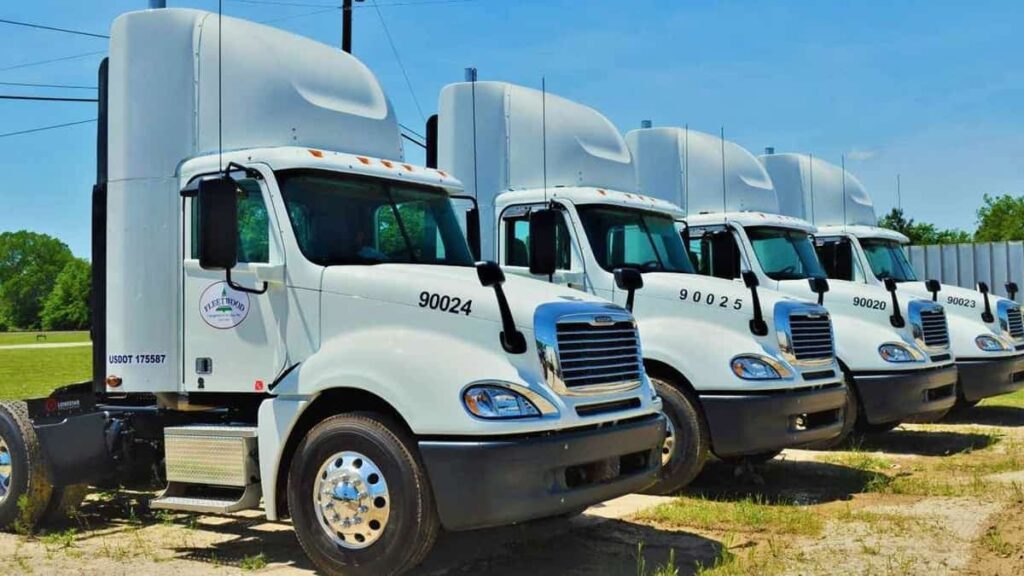Fleetwood Transportation Ceases Operations Due to Rising Insurance Costs
Fleetwood Transportation, a flatbed and oilfield truckload carrier based in Texas, completed its last deliveries on Tuesday, deciding to shut down its operations due to escalating insurance costs.
Company Background
According to SaferWatch, Fleetwood operated a fleet consisting of 252 trucks and 673 trailers, employing 240 drivers. The company, located in Diboll, Texas (approximately 100 miles north of Houston), primarily transported building materials and oilfield equipment. Fleetwood had a long-standing history, having been established in 1956, lasting for 63 years before its closure.
Notification of Shutdown
The Lufkin Daily News was the first to report the closure on December 17, following an email tip regarding the company’s intentions. That same day, the chairman of the board sent a letter to owner-operators explaining that the inability to secure insurance was the primary factor behind the decision to halt operations.
Insurance Challenges Facing Trucking Companies
Carriers with questionable safety records have encountered difficulties in obtaining insurance. Chad Eichelberger, founder of Reliance Partners—an insurance service provider for the trucking industry—indicated that insurance rates could potentially double or triple in 2020 for carriers involved in fatal accidents within the previous year. Eichelberger clarified that a carrier does not need to be deemed at fault for rates to escalate following a fatality involving a truck.
Cost of Insurance and Market Trends
As reported by the Truckload Carrier Association’s TPP benchmark platform, truckload fleets currently incur approximately $6,800 annually per truck for insurance. TPP data, which is viewed as the most reliable fleet costing information in the trucking market, has recorded an 11% increase in insurance premiums over the last two years. Chris Henry, who oversees the TPP platform, attributed the relative stability of TPP fleets’ insurance rates compared to the broader market to their use of captive insurance models.
Impact of Market Conditions on Fleetwood
Fleetwood Transportation faced additional challenges beyond insurance costs. The company engaged primarily in two lines of business: transportation for oilfield fracking operations and flatbed trucking services. Both sectors experienced significant downturns in 2019. The demand for fracking sand has declined as oil drillers shifted to local sources, while flatbed trucking struggled after a prosperous 2018, leading to financial losses throughout 2019.
Legal Issues Further Complicating Business
Fleetwood was also embroiled in a class action lawsuit in Lake Charles, Louisiana, due to allegations of failing to pay overtime wages to drivers. The lawsuit accused the company of improperly compensating intrastate truck drivers who worked beyond the standard 40-hour work week. Defending against such litigation can be costly, even if the company ultimately prevails.
Conclusion
Regardless of whether the closure was primarily due to insurance expenses, market conditions, or legal issues, Fleetwood’s situation illustrates the precarious state of many trucking fleets in 2019. With new regulations and an anticipated increase in litigation related to trucking accidents, the industry is likely to continue experiencing a wave of bankruptcies.


